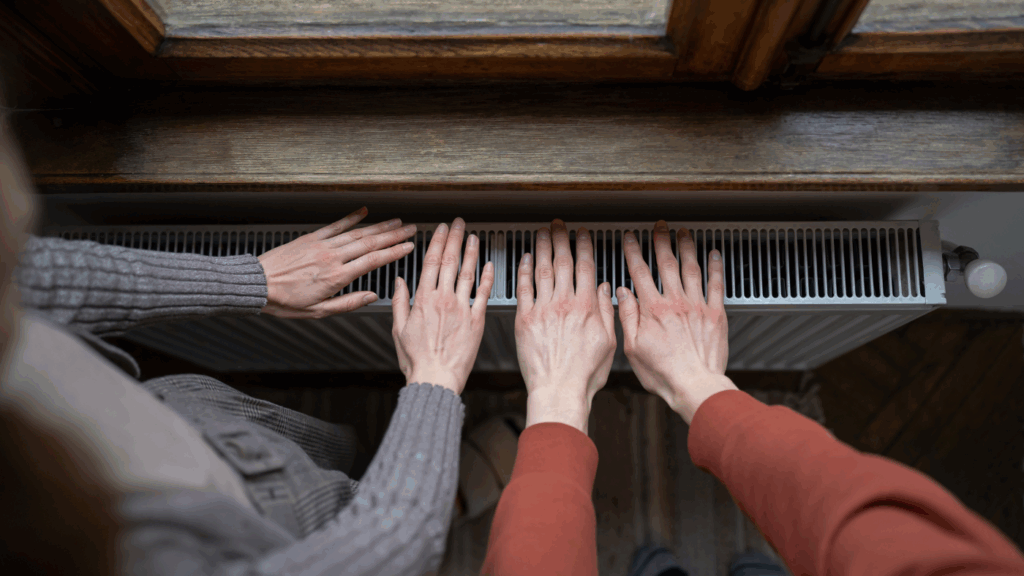Energy poverty in Europe is marked by households’ inability to meet energy needs, impacting health and social inclusion. In 2022, 9.3% of the EU population couldn’t adequately heat their homes, with significant disparities across regions. The war in Ukraine and rising energy prices have worsened the situation, especially for low-income households.
Read the full policy paper here!
Vulnerable groups are hit the hardest
Vulnerable groups, including the elderly, people with disabilities, single parents, and low-income households, are hit hardest by energy poverty. They often live in energy-inefficient homes and face higher energy costs, exacerbating their financial struggles. The impact of energy poverty on health and social inclusion is profound, with many households forced to choose between heating and other essential needs.
Social service providers are providing crucial support in spite of challenges
Social service providers, such as Eurodiaconia members, play a crucial role in supporting those affected by energy poverty. However, they face significant challenges, including underfunding and the impact of rising energy prices on their operations. Despite these challenges, social service providers continue to offer their services, including debt counselling, financial aid, and community support programs. Innovative projects, such as Diakonie Österreich’s solidarity energy program and Kerk in Actie’s SchuldHulpMaatje project, demonstrate the potential for effective interventions by diaconal and not-for-profit social service providers.
Call for action: Recommendations for policymakers
- Establish Energy as a Public Good: Guarantee a basic entitlement to energy for all, ensuring that everyone has access to a minimum amount of energy regardless of their purchasing capacity. This includes implementing an EU-wide ban on disconnections for vulnerable households.
- Invest in Energy Efficiency: Prioritize the renovation of the least performing buildings to improve energy efficiency. Ensure sufficient public funding is available to support households and social service providers in conducting energy efficiency renovations.
- Targeted and Broad Social Support: Balance strong social safety nets with targeted support for households at higher risk of energy poverty. Initiatives like SchuldHulpMaatje, which use data-driven mapping for precise targeting, should be supported and scaled up.
- Promote Renewable Energy: Increase public investment in renewable energy sources to make clean energy accessible and affordable for all, particularly vulnerable households.
- Allow Flexibility for Member States: Continue to permit Member States to intervene through price regulation to protect vulnerable groups from energy poverty. The “Iberian Exception” is a positive example of such flexibility.
- Support Social Service Providers: Ensure that not-for-profit social service providers receive adequate funding and support to continue their essential work. This includes providing timely information and assistance to prevent energy disconnections and address energy poverty early.
Energy poverty is a multifaceted issue that requires a comprehensive and coordinated response. By implementing targeted support, policymakers can help alleviate the burden of energy poverty on vulnerable groups and support social service providers in their crucial work. Together, we can work towards a Europe where everyone has access to affordable and sustainable energy



